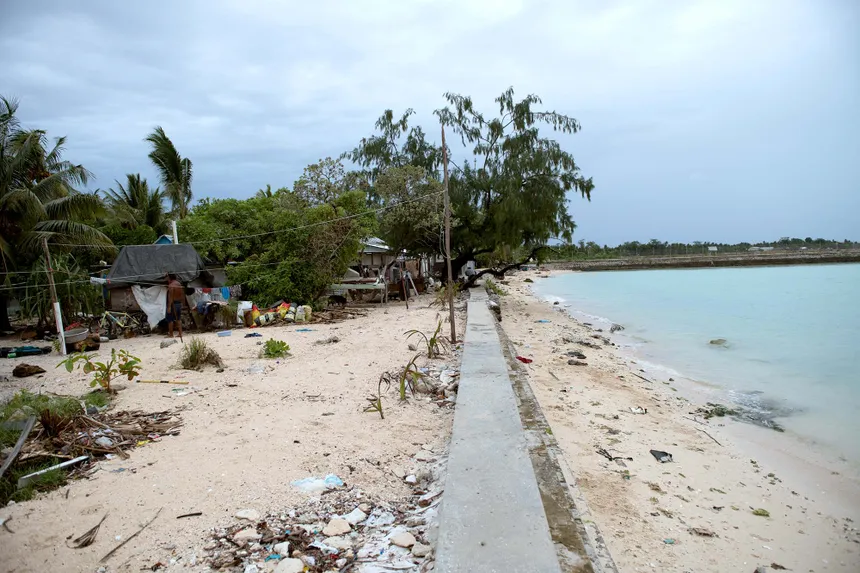The United Nations has issued a warning regarding the lack of inclusion of sexual and reproductive health in national plans to combat the climate crisis. Out of the 119 countries that have published their plans, only a small minority make any reference to these crucial health issues. The UN Population Fund (UNFPA) and Queen Mary University of London have conducted a study to examine the extent to which climate plans address sexual and reproductive health.
According to the report, only 38 countries make any mention of access to contraception, maternal, and newborn health services. Moreover, only 15 references are made to violence against women, despite the significant impact of the climate crisis on their lives. The report’s authors urge countries to recognize the disproportionate effect of the climate crisis on women and girls and to take concrete action.
The climate crisis has been linked to various adverse health effects, including poorer maternal health and complications during pregnancy. Rising temperatures have been shown to trigger earlier deliveries, increase stillbirths, and exacerbate existing health issues. The report highlights the devastating impact of natural disasters such as hurricanes and droughts, which can disrupt access to health services, spread diseases, and increase the risk of gender-based violence.
The UN’s Angela Baschieri, an adviser on population and development, emphasized that “national plans show there is more work that could be done to address the gaps and impacts of climate change on women and girls.” She stressed that climate change is not gender-neutral and that a critical look at the plan of action for women and girls is necessary.

The report also highlighted several countries that are taking action. For instance, Paraguay, Seychelles, and Benin have specified the need to build climate-resilient health systems that ensure safe childbirth and access to health services. Nine countries, including El Salvador, Sierra Leone, and Guinea, have included policies or interventions to address gender-based violence. Regrettably, only Dominica has mentioned the importance of contraception despite evidence of disruptions to family-planning services during climate-related disasters.
Vietnam is the only country to acknowledge that child marriage occurs more frequently during times of crises, as families seek to reduce their economic burden. The report underscores the urgent need for climate policy to recognize the differential impact on women and take it into account in its design.
Echoing the report’s findings, Baschieri notes that “climate is setting us back on the fight to gender equality. Our point would be to make sure that climate policy recognizes the differential impact on women and takes it into account in the design of policy.”

